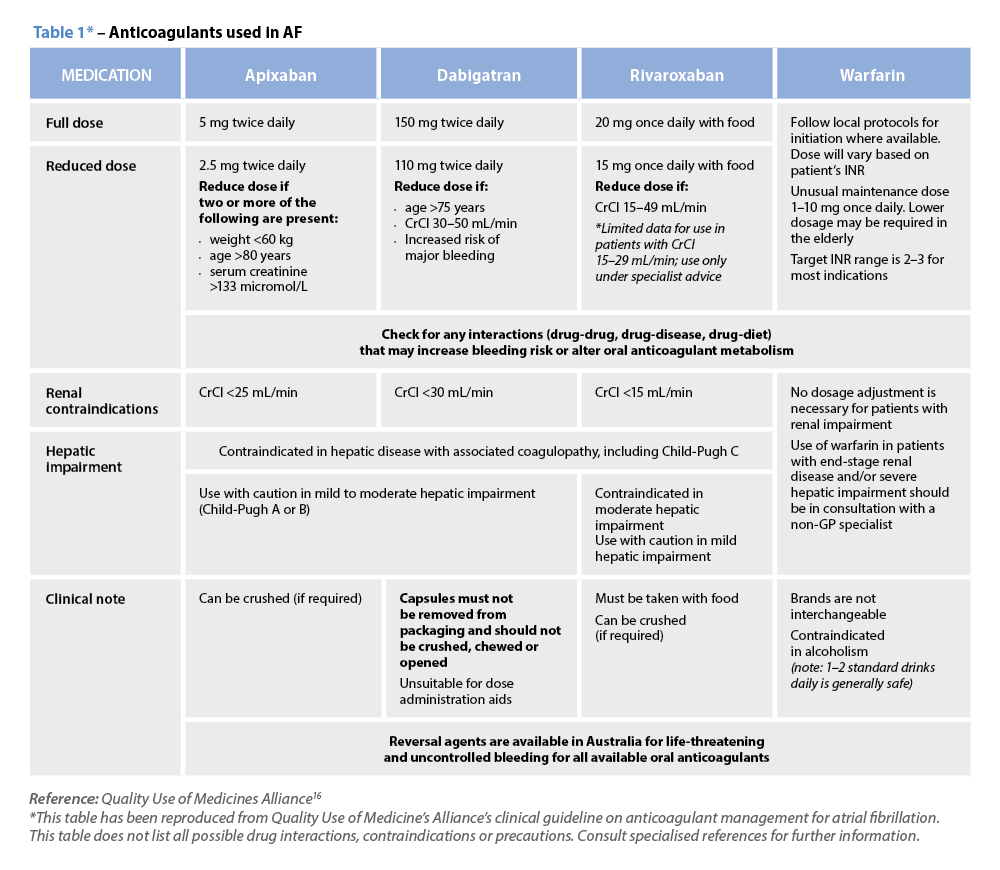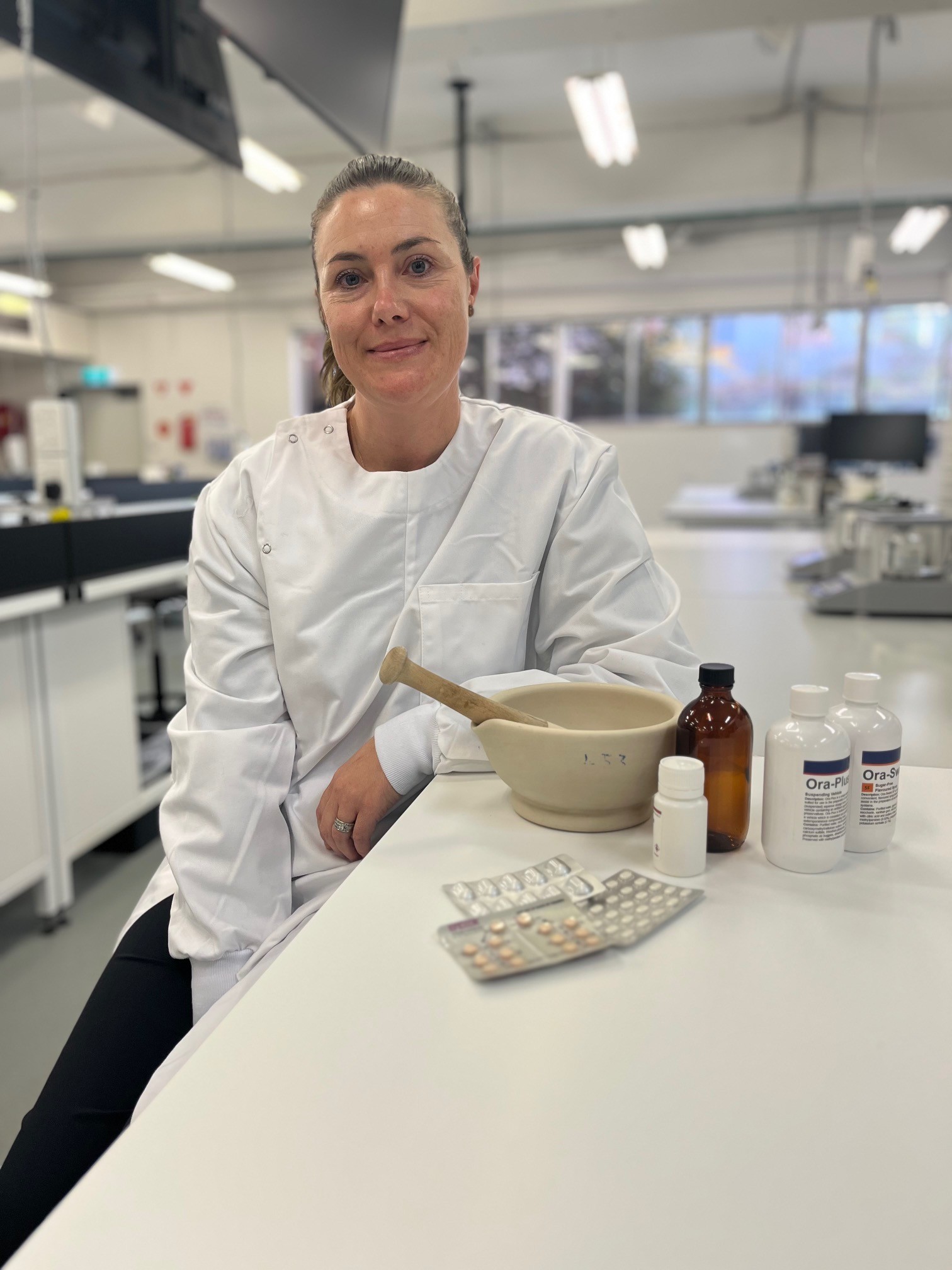After 2 years of low influenza rates due to COVID-19, the 2022 flu season is unpredictable, and could be a whopper. Here are six things you need to know.
1. ATAGI recommends influenza vaccines for everyone over 6 months of age
The Australian Technical Advisory Group on Immunisation (ATAGI) recommends all Australians aged 6 months and over receive an influenza vaccination annually, unless medically contraindicated.
Australia experienced ‘historically low’ levels of influenza in 2021, with just 598 laboratory-confirmed cases and no deaths. This is compared to 313,033 notifications and 953 deaths pre-pandemic in 2019. ATAGI has warned that ‘with borders reopening, a resurgence of influenza is expected in 2022’, however the severity and timing of outbreaks is impossible to predict.
Not just for the most at risk, influenza vaccination is recommended for all. If a patient had an influenza vaccine in late 2021 or early 2022, ATAGI advice states they should still receive the 2022 formulation.
2. NIP vaccines won’t arrive until early April. Eligible patients should wait
For patients 65 years and older, the adjuvanted influenza vaccine (Fluad Quad) is preferred over the standard influenza vaccine. It is the only National Immunisation Program (NIP) vaccine funded for people over 65 years of age.
Immunisers should not administer non-NIP vaccines to those over 65 years unless there is a compelling reason, for example imminent travel before the NIP vaccine is available.
Influenza vaccines funded through the NIP will be available through pharmacies in all states and territories except Queensland in 2022. This includes New South Wales, Tasmania and South Australia, which all came on board for NIP-funded influenza vaccines for the first time this year.
There have been no changes this year to the medical conditions that make some individuals (5–65 years of age) eligible for NIP influenza vaccines. Only some states provide NIP vaccines to community pharmacies for this cohort.
3. You need to check AIR before every jab (and upload it, too)
It is essential to check the Australian Immunisation Register (AIR) before each vaccination to ensure vaccination is appropriate, the correct patient is identified and the record of administration is uploaded to the correct profile.
Rather than seeing this as a burden, it is a chance to identify missing vaccinations, said PSA’s General Manager Policy and Engagement Chris Campbell MPS.
‘You really should use the influenza vaccination as an opportunity to promote COVID-19 vaccination, and vice versa,’ he said.
‘If you have a patient’s AIR history on the screen in the consult room, it’s a great conversation starter about making sure other vaccines are up-to-date or booked in.
‘It’s a great environment for serendipitous vaccination. ATAGI has advised influenza vaccines can safely be co-administered with any COVID-19 vaccine, which means there is no reason to delay either vaccination’.
4. Despite administering COVID-19 vaccines, pharmacists still can’t vaccinate against influenza in kids <10 years
Make sure you don’t inadvertently give a vaccine you’re not authorised to.
There is a double-standard when it comes to pharmacist immunisers vaccinating children, Mr Campbell said.
‘We can give COVID-19 vaccines to children aged 5–11 years, but we can’t give flu shots to any child under 10 years of age,’ he said. ‘This is something that needs to change – parents shouldn’t be penalised by red tape.’
5. Children <3 years have never been exposed to influenza and are now a priority
The historically low levels of influenza due to the pandemic mean most children under 3 years of age have never been exposed to the virus, making them a priority group for vaccination.
All children under 3 years of age are eligible for an NIP-funded influenza vaccines.
6. Influenza vaccination should be offered throughout the flu season, not just at the start
While most pharmacies and medical practices administer the majority of influenza vaccines in March–May each year, ATAGI recognises there is still benefit to vaccination when administered later in the flu season.
Vaccination should continue to be offered as long as influenza viruses are circulating and a valid vaccine (before expiration date) is available. Some vaccine brands have an expiry date of February 2023.
PSA continues to fight to remove barriers to vaccination
Making NIP vaccines available through community pharmacies, and other places pharmacists practice, makes it easier for the most vulnerable members of the community to protect their health.
Mr Campbell said this needs to be expanded to include all NIP-funded vaccines and remuneration for vaccine administration.
In its 2022–23 pre-Budget submission, PSA called on the federal government to introduce an immunisation service payment of $39.10 per NIP vaccination administered by pharmacists.
It advised the payment should be implemented through the Medicare Benefits Schedule (MBS) and modelled on the Level B payment available to GPs. This is defined as professional attendance by a general practitioner lasting less than 20 minutes, which includes providing appropriate preventive health care.
‘Improving remuneration ensures pharmacists are recognised in accordance with other vaccinators, both financially and professionally,’ Mr Campbell said.
‘Funding for pharmacists will ensure there are no out-of-pocket costs for the most vulnerable Australians who access the National Immunisation Program, aligning with the policy intent of the program.’
Pay parity would also help ensure vaccination services remain viable for pharmacies, which is particularly important in rural and remote areas where access to a GP may be limited.
| 2022 influenza vaccination resources: |





 Beyond the arrhythmia, AF often signals broader pathological processes that impair cardiac function and reduce quality of life and life expectancy.5 Many of these conditions are closely linked to social determinants of health, disproportionately affecting populations with socioeconomic disadvantage. Effective AF management requires addressing both the arrhythmia and its underlying contributors.4
Beyond the arrhythmia, AF often signals broader pathological processes that impair cardiac function and reduce quality of life and life expectancy.5 Many of these conditions are closely linked to social determinants of health, disproportionately affecting populations with socioeconomic disadvantage. Effective AF management requires addressing both the arrhythmia and its underlying contributors.4  C – Comorbidity and risk factor management
C – Comorbidity and risk factor management Warfarin
Warfarin
 Natalie Cooper[/caption]
Natalie Cooper[/caption]

 Professor Michael Kidd[/caption]
Professor Michael Kidd[/caption]








